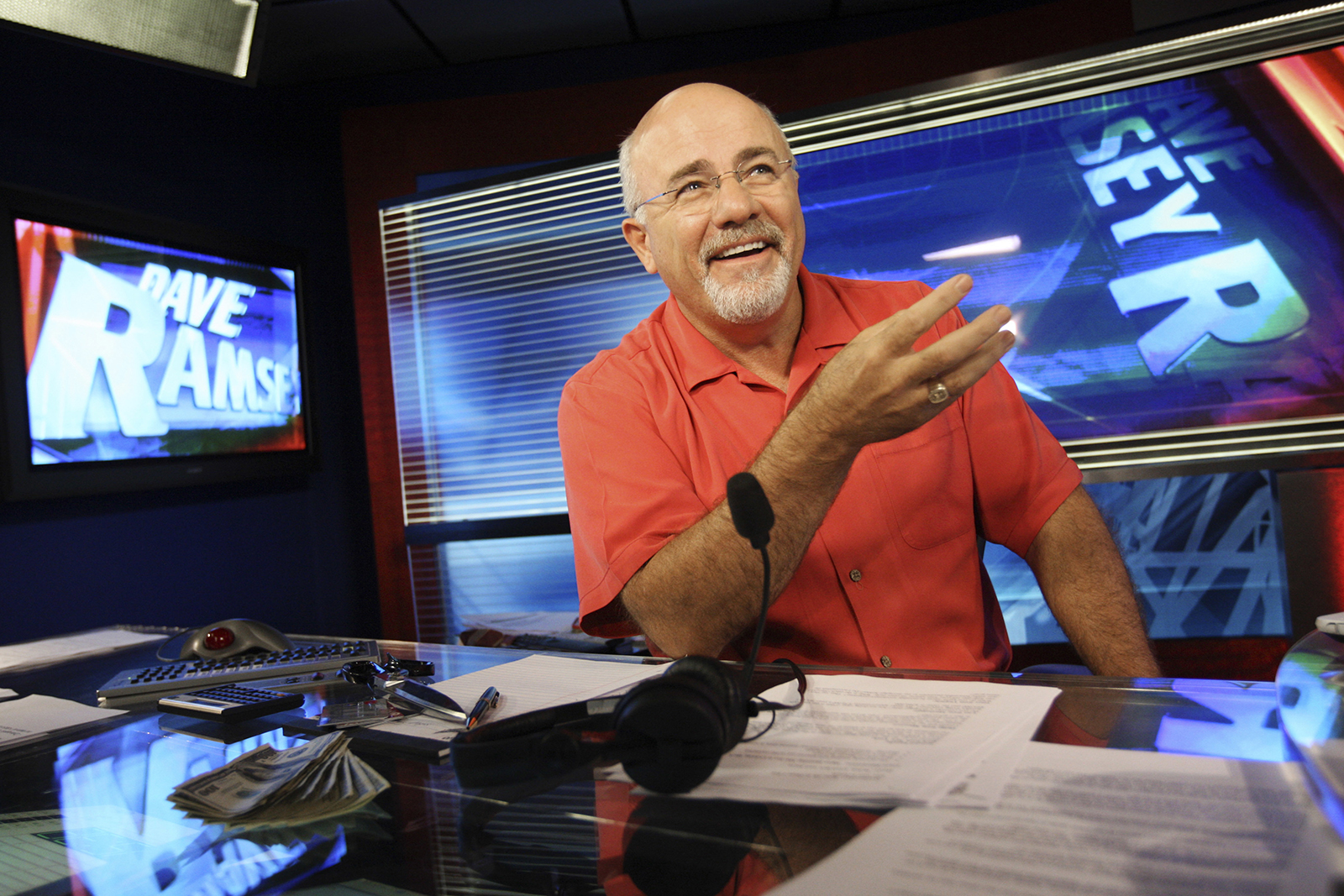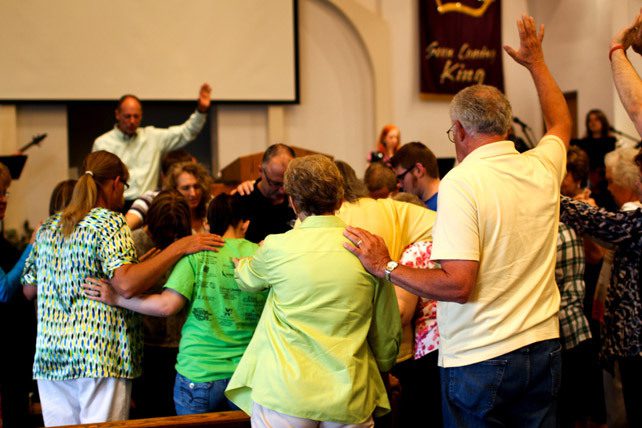GENEVA, Switzerland (BP) – A United Nations report that found China has committed “serious human rights violations” and possibly “crimes against humanity” toward the Uyghur people and other ethnic minorities confirms the authenticity of the evils previously reported, a Southern Baptist ethics leader said.
The assessment of the Chinese government’s practices in the Xinjiang Uyghur Autonomous Region – which two United States administrations and Southern Baptist Convention messengers have declared as genocide – came Aug. 31 in a 48-page report from the Office of the U.N. High Commissioner for Human Rights (OHCHR).
Among its recommendations, the U.N. office called on China’s government to release those “arbitrarily deprived of their liberty” in camps and other detention facilities, to provide the locations to families of individuals who have disappeared at the hands of officials and to investigate allegations of such human rights violations as forced labor, sexual violence and torture in those locations.
The OHCHR report, issued despite China’s protests, is the second in recent weeks that found human rights violations by China. Tomoya Obokata, the U.N.’s special rapporteur on contemporary forms of slavery, announced Aug. 16 the release of a report that found it is “reasonable to conclude” forced labor by Uyghurs and other ethnic minorities has taken place in Xinjiang and some of the coercion “may amount to enslavement as a crime against humanity.”
RELATED: ERLC Applauds Finding of Forced Labor by China
The OHCHR findings, announced on the final day of Michelle Bachelet’s four-year term as high commissioner, followed news reports in recent years that the Chinese Communist Party (CCP) has carried out a brutal campaign against the Uyghurs, predominantly Muslims in China’s largest and westernmost region, and other minorities. According to the reports, China’s actions have included widespread detention in “re-education” camps, forced labor and a coercive population control program of abortion and sterilization.
The Trump administration announced on its last full day in January 2021 its decision that China is guilty of genocide in Xinjiang, and the Biden administration affirmed that determination weeks later. In June 2021, messengers to the SBC’s annual meeting passed a resolution that made the convention the first Christian faith group to denounce China’s campaign against the Uyghurs as genocide.
“We now know exactly why the Chinese government did not want this report published,” said Brent Leatherwood, acting president of the Ethics & Religious Liberty Commission (ERLC). “It contains ironclad confirmation about their heinous actions and enslavement of the Uyghur people.

























